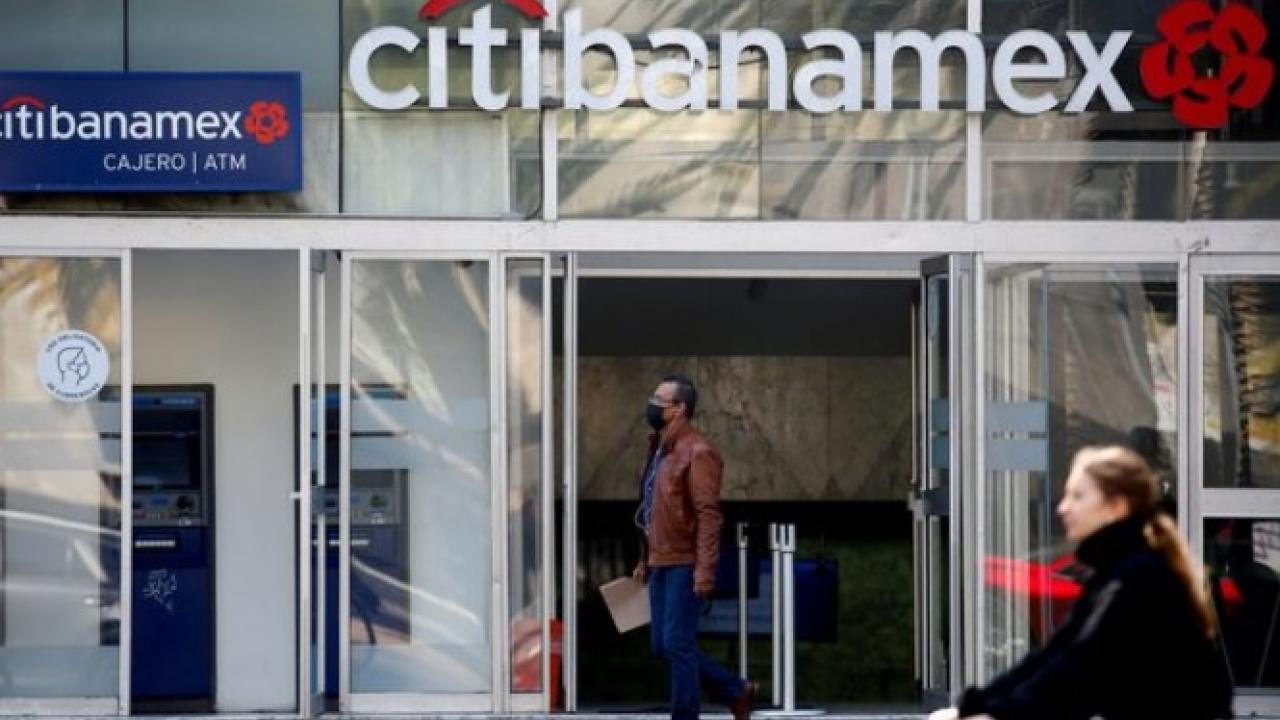
"They do not attach much importance to a country's political regime, that is, to the robustness of its democracy or authoritarian traits, since they prioritize political stability and predictable economic policies for the short and medium term," the entity explains.
A special note from Citibanamex states that the Mexican market does not seem to have fully discounted that there will be a qualified majority of Morena in the Chamber of Deputies and that the judicial reform will be approved. In addition, it seems to have disdained the negative political impact of this and other reforms, as well as underestimated their economic risk.
The document prepared by the Economic Studies area explains that, in general, markets do not give much importance to the political regime of a country, that is, to the robustness of its democracy or authoritarian traits, since they privilege political stability and predictable economic policies for the short and medium term.
However, he warns that "obviously" in many cases, a weakening of democracy, or its disappearance, leads to political instability and uncertainty about public policy and the legal framework.
The analysis suggests that, given the moderation in market reactions, it is possible that those who already discount the reforms consider that, although they weaken democracy, they will not imply anti-market economic policies or weaken the macroeconomic framework. That is, "they may have confidence in the public policies of the next administration, even if counterweights are lost."
In this regard, he says that it is true that there are signs that these conditions will be conducive to certain economic growth, the use of nearshoring, and the business climate, but the problem is that, without counterweights and a solid rule of law, the uncertainty of this perspective becoming a reality grows strongly.
By definition, risk premiums should increase significantly," he says, which has not yet happened.
In the future, a cumulative market reaction could be triggered, he warns.
The bank's macroeconomic forecasts imply a weakening of the main variables, but take into account that investors seem to be underestimating the risks of the new political scenario.
“So far we have been moderately less optimistic than the consensus of economists in our projections of financial variables: we estimate that the peso will depreciate to a greater extent and that GDP will grow less, both in 2024 and 2025.”
The institution's forecasts incorporate that there is a significant tolerance to risk on the part of economic agents (in the logic of "wait and see"), but it emphasizes that, paradoxically, this makes forecasts more fragile because investors will react strongly to each relevant change in public policy, interpreting it in itself, and as a signal of where the new regime is going.
He therefore concludes that a cumulative reaction from the markets, which have so far remained contained, could be triggered in the future.
The text released before the National Electoral Institute announced the way in which its General Council could approve the distribution of plurinominal deputies and senators in Congress and therefore the composition of the next legislature, where Morena and its allies would have a qualified majority, indicates that if the over-representation of the Morena coalition is approved, the legitimacy of the polls would serve to cement in the constitution a new configuration of the rules of social, economic and political exchange, a new regime.
"The contours of this crisis, which are already visible, could mean the cancellation of liberal democracy, based on the rule of law and governed by the periodic electoral change of majority and solidly balanced governments."
Remember that last February, President Andrés Manuel López Obrador presented to Congress a package of 20 reforms, several of which outline a new political order, in which the objective conditions of operation of the Legislative and Judicial powers would subordinate them to the Executive; where the great majority of counterweight institutions, with political autonomy guaranteed by the Constitution, would lose it; where elections would lose meaning if there are no equitable conditions of competition; where the alliance of the armed forces could cease to be with the law and move to political power.
He then emphasizes that, although the president's judicial reform initiative does not eliminate the country's system of courts and judges, it subjects it to the impossible adventure of being configured based on majority validation at the polls, at the risk of collapsing the judicial function.
“The central plan of AMLO's judicial initiative is to replace the current composition of the Court and, then, to reduce the number and guarantees of independence of the rest of the country's judges,” he stressed.
On the other hand, it is noteworthy that the president-elect, Claudia Sheinbaum, had suggested enabling the discussion of the initiative from the inauguration of ordinary sessions in September, but President López Obrador decided that it would be installed immediately, to prevent the process of authorization of this reform from being delayed in the 30 days of September in which he will still be head of the Executive and will have the newly formed legislative super majorities.
"If the judicial reform is authorized without Sheinbaum taking any distance or reflection, even if its installation and operation details remain to be defined in secondary laws, the verdict of a profound change in the political regime will be overwhelming," he notes.









